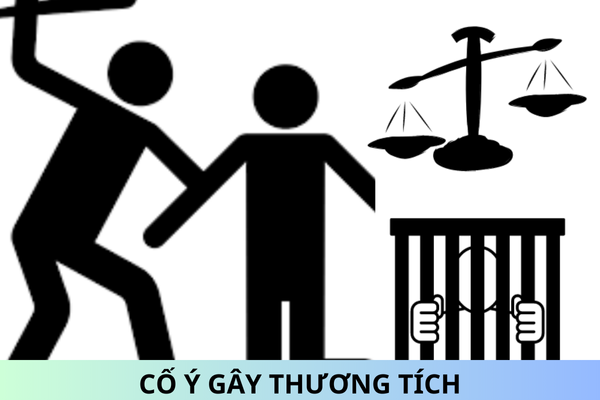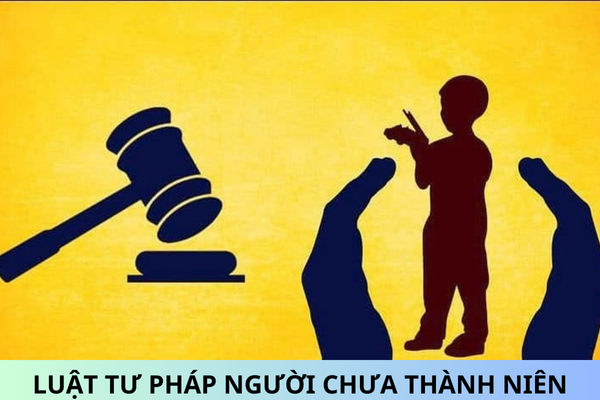Change of Lawyer Must Have the Accused's Consent?
According to Article 72 of the 2015 Criminal Procedure Code, a defense counsel is a person who is requested by the accused to defend them or is appointed by a competent authority to conduct the proceedings and is accepted by the authority or person conducting the proceedings to register for the defense.
A defense counsel may be: a lawyer; a representative of the accused; a people's defender; or a legal aid officer in cases where the accused is eligible for legal aid.
According to Clause 1, Article 77 of the 2015 Criminal Procedure Code, the following persons have the right to refuse or request the replacement of defense counsel:
- The accused;
- The representative of the accused;
- Relatives of the accused.
Any changes or refusals of defense counsel must be agreed upon by the accused and recorded in the case file, except for the cases stipulated in point b, clause 1, Article 76 of this Code.
Referring to point b, clause 1, Article 76 of the 2015 Criminal Procedure Code, it is the case where the accused has a physical disability that prevents them from self-defense; a person with a mental disability; or a person under 18 years old.
Therefore, not all cases of changing a lawyer require the consent of the accused.
If the accused has a physical disability that prevents them from self-defense; a person with a mental disability; or is under 18 years old, the change of lawyer does not require their consent.
Respectfully!










